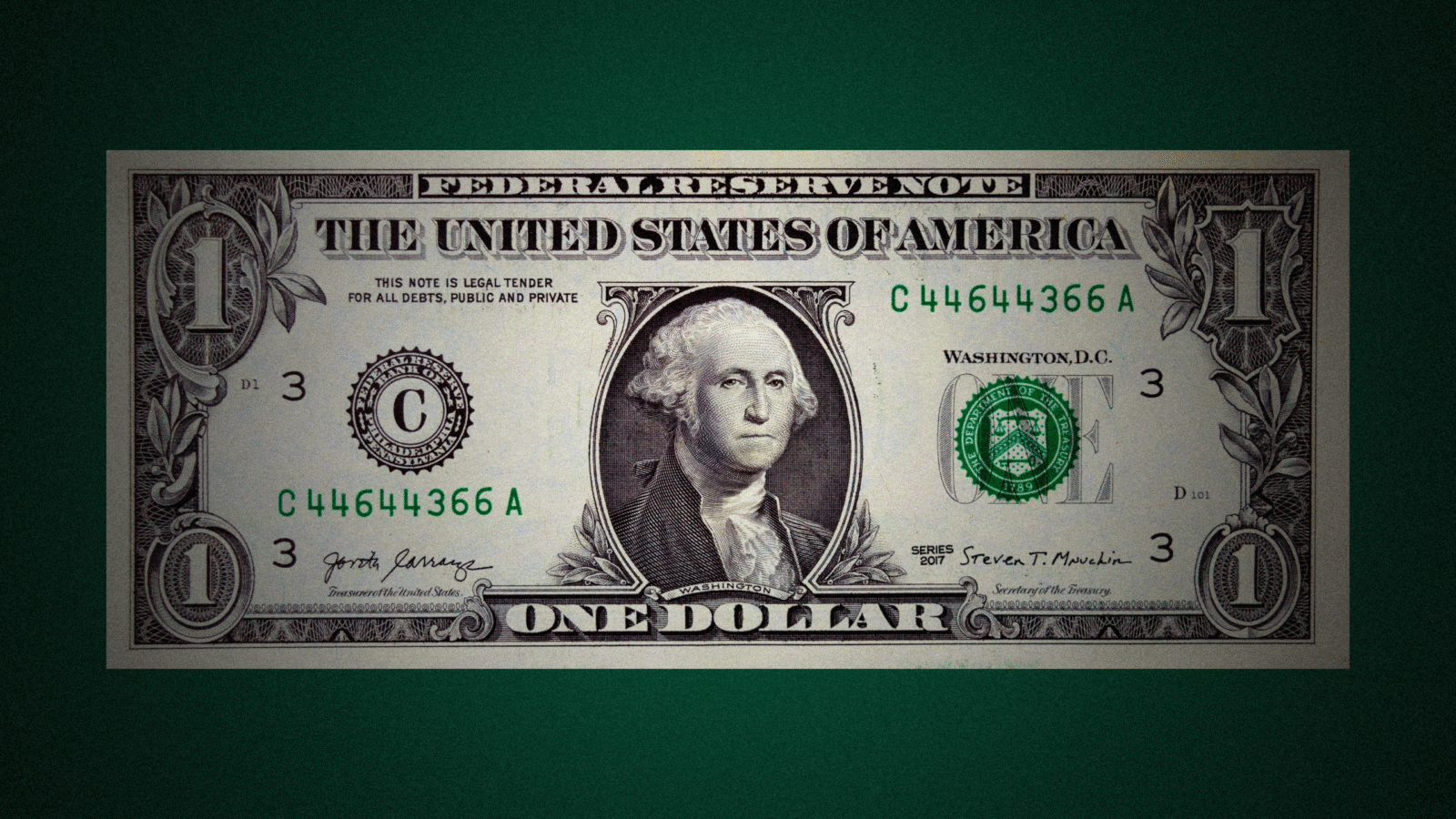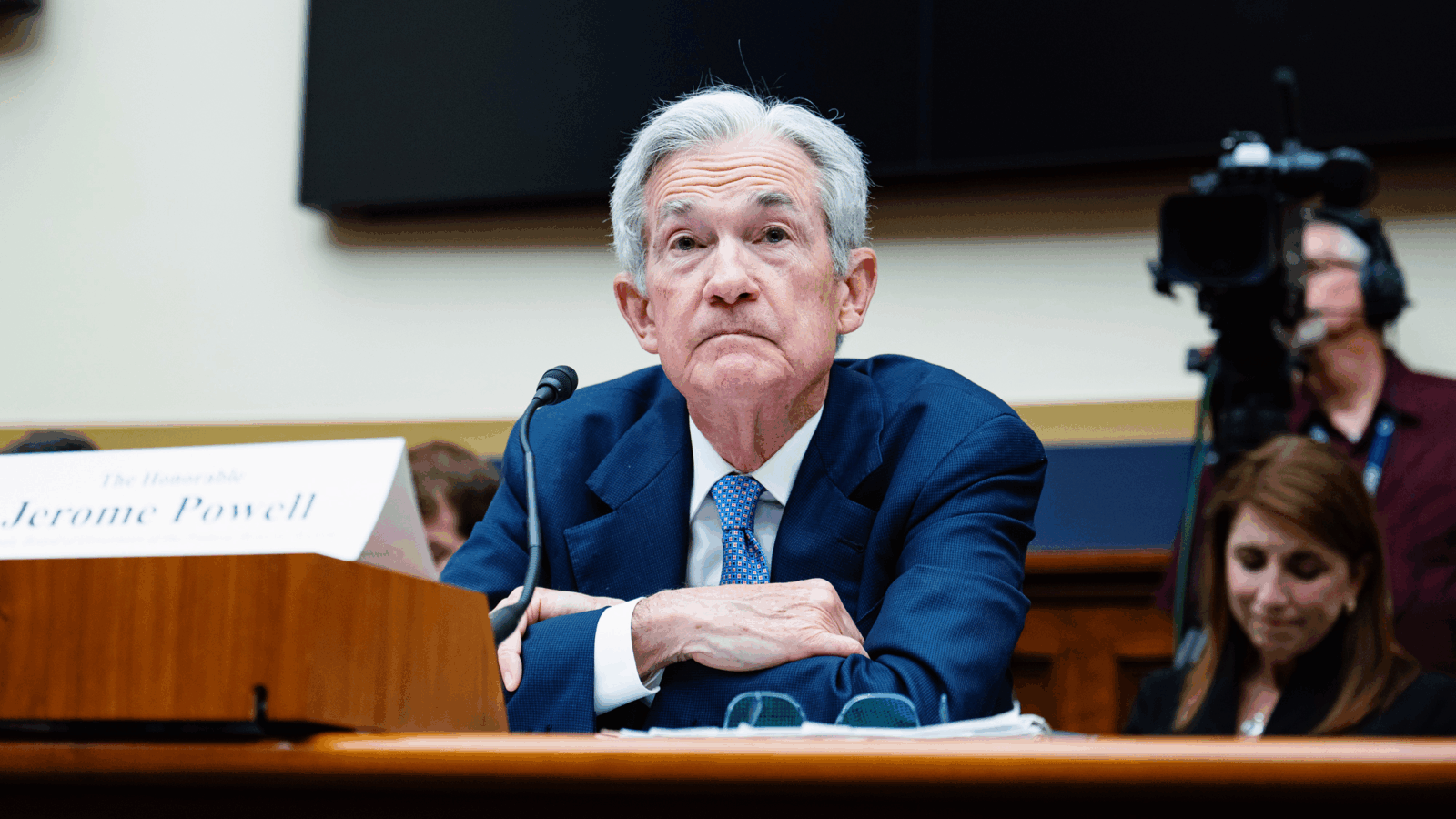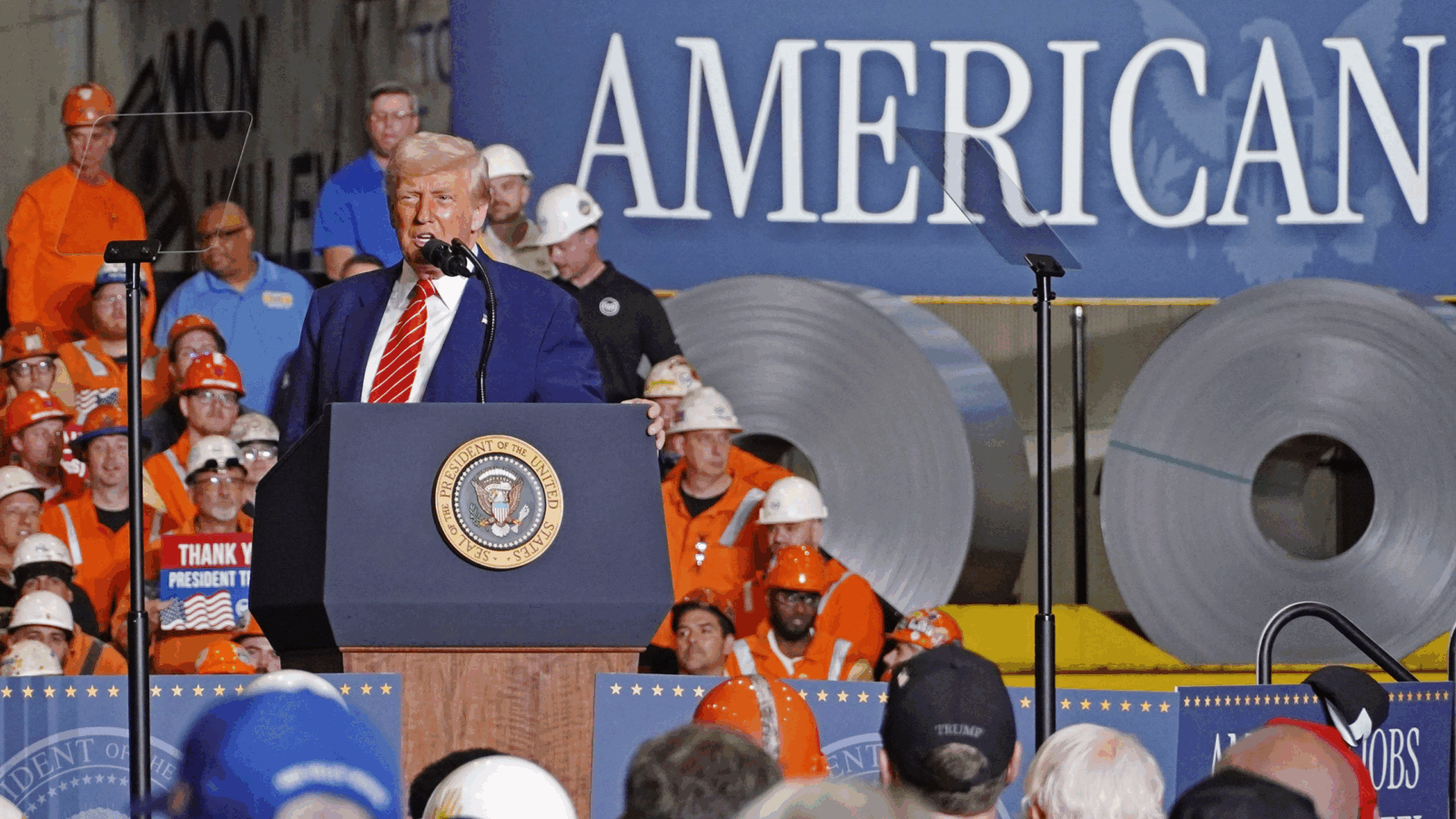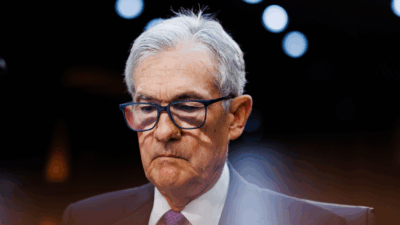Political Conventions Bring in Less Money Than Promised
The economic impact on host cities of political conventions’ like the DNC and RNC are not quite as advertised
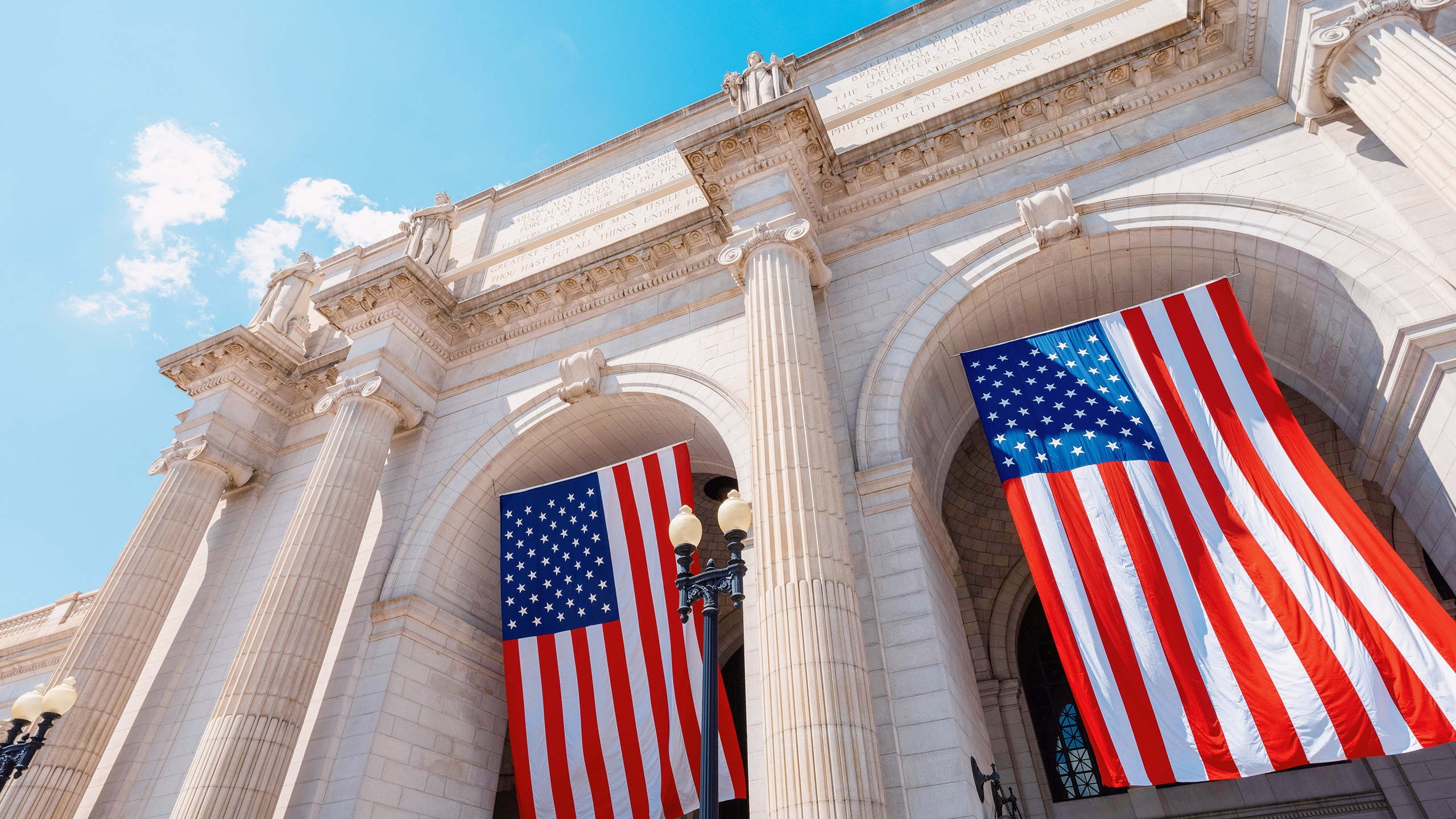
Sign up for smart news, insights, and analysis on the biggest financial stories of the day.
Few things transcend partisan boundaries in America’s heated politics, but here’s one: political conventions’ economic impact on host cities not being quite as advertised.
The Democratic National Convention kicks off tonight in Chicago and tourism officials are touting all kinds of economic boosts, just as officials did for the Republican National Convention in Milwaukee last month. The economic data of past Democrat and Republican conventions suggest skepticism is warranted.
Bipartisan Disappointment
Milwaukee’s tourism bureau said the RNC, which drew 50,000 visitors to Wisconsin’s largest city last month, would make a $200 million impact on the local economy, but early estimates suggest business activity was lower than expected. Some attendees stayed in surrounding cities, while many of the profits accrued by national hotel chains won’t even stay in Wisconsin. Chicago’s tourism officials are estimating a $150 million economic impact for this week’s DNC.
But economists at the College of the Holy Cross and Berry College who crunched the numbers on the 2008 and 2012 DNCs and RNCs found that hotel revenues in host cities increased by $20 million on average, which they said “suggests that host cities’ claims of economic impacts of $150 million or more may be implausible.” That’s because the average convention-goer would have to spend seven times what they spent on hotels to meet the $150 million threshold. The last round of pre-pandemic conventions in 2016 also fell short of their greatest expectations:
- The 2016 Democratic National Convention in Philadelphia resulted in $120 million less economic activity than the $350 million promised by the DNC, according to the Philadelphia Convention and Visitors Bureau.
- That same year, the Republican National Convention leadership and local officials said their weeklong gathering in Cleveland would lead to $200 million in economic activity. A study by Cleveland State University academics found the real economic impact was $142.2 million.
Vacancy: Like last month’s RNC, the DNC is expected to draw 50,000 people to its host city. One CEO, however, said hotel bookings lagged behind expectations. “There was a big disparity between the number of attendees they were going to host and the number of rooms they had blocked,” Bob Habeeb, who heads up Maverick Hotels & Restaurants, told CBS Chicago.
